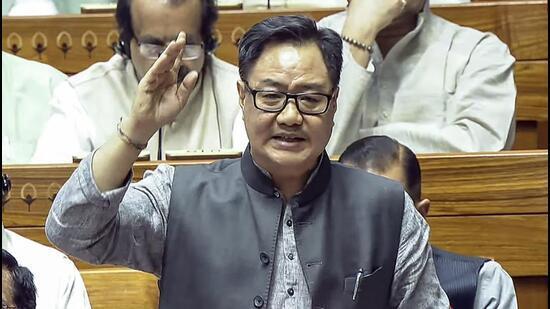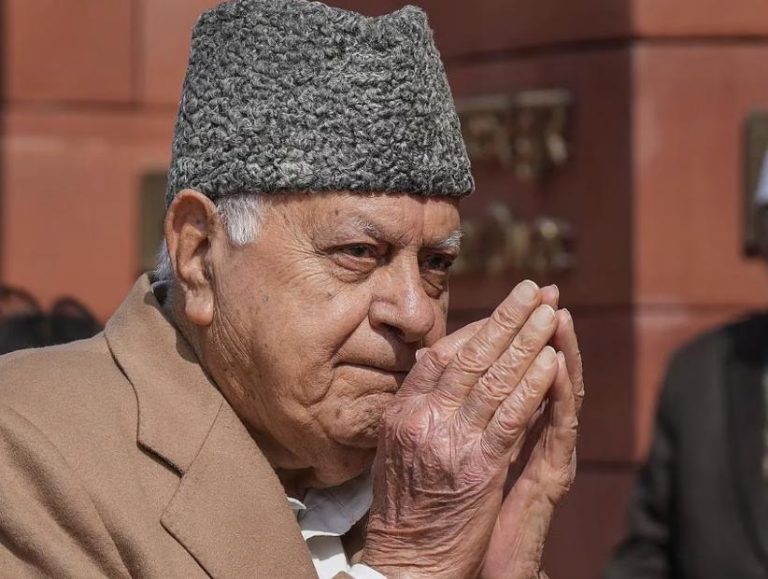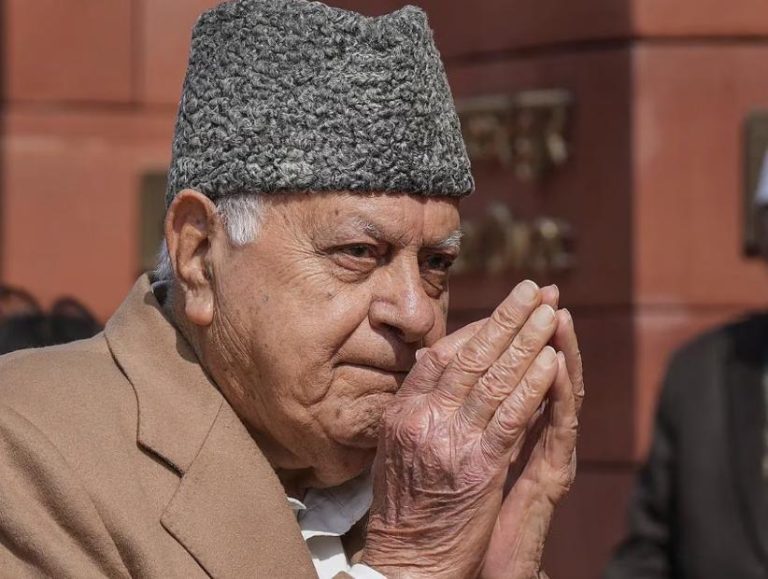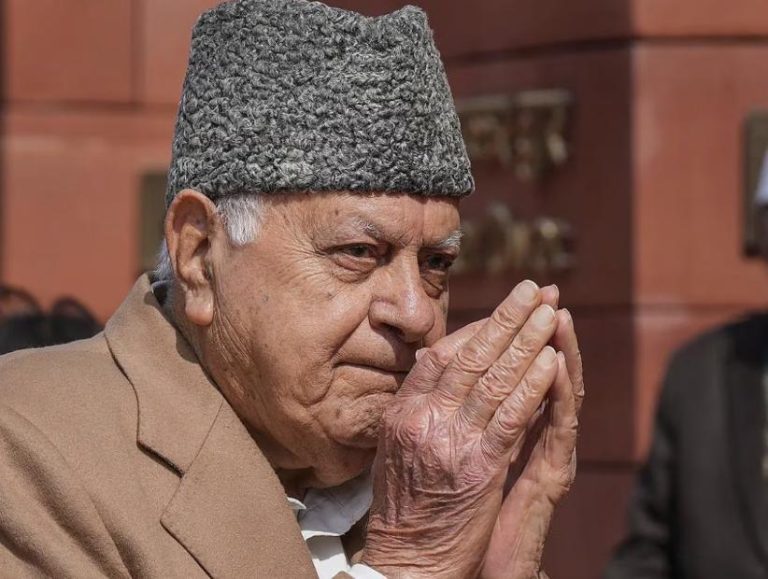
Opposition Creates Confusion & Leaves House: Rijiju in Rajya Sabha
The recent session of the Rajya Sabha saw a heated debate over the Waqf (Amendment) Bill, with Union Minister Kiren Rijiju criticizing senior members of the opposition for creating confusion and not staying back to listen to the replies. The minister’s remarks came in response to the opposition’s objections to the bill, which they claimed would harm the interests of the Waqf bodies and the Muslim community.
The Waqf (Amendment) Bill aims to amend the Waqf Act, 1995, which deals with the management of Waqf properties, which are religious and charitable endowments. The bill seeks to empower the Waqf boards to take decisions on their own, without interference from the government or other external bodies.
During the debate, MP Kapil Sibal, a senior member of the opposition, raised concerns that the bill would lead to the commercialization of Waqf properties, which are meant for religious and charitable purposes. He also compared the properties of Waqf bodies with those of other religious bodies, claiming that the latter were not subject to the same rules and regulations as Waqf properties.
Rijiju, who was responding to Sibal’s objections, criticized the senior MP for creating confusion and not staying back to listen to the replies. He claimed that Sibal had raised several issues during the debate, but had not stayed back to listen to the government’s responses or clarifications.
“What is the point of raising issues if you are not going to stay back to listen to the replies?” Rijiju asked, adding that the opposition was creating confusion and not allowing the House to function smoothly.
Rijiju also accused the opposition of trying to delay the passage of the bill, which he claimed was essential for the development of the Waqf bodies and the Muslim community. He said that the bill aimed to empower the Waqf boards to take decisions on their own, which would help to improve the management of Waqf properties and increase their revenue.
The minister also claimed that the opposition was trying to create a divide between the Muslim community and the government, which was not in the interest of the country. He said that the government was committed to the development of the Muslim community and was working to improve their socio-economic conditions.
The debate over the Waqf (Amendment) Bill is just the latest example of the opposition’s tactics in the Rajya Sabha. In recent months, the House has seen several instances of opposition members creating confusion and not staying back to listen to the replies.
This behavior is not only unproductive, but it also creates a negative atmosphere in the House and undermines the credibility of the institution. It is essential that opposition members stay back to listen to the replies and engage in constructive debate, rather than creating confusion and leaving the House.
In conclusion, the Waqf (Amendment) Bill is an essential piece of legislation that aims to empower the Waqf boards to take decisions on their own. The opposition’s objections to the bill are baseless and designed to create confusion and delay its passage. The government is committed to the development of the Muslim community and is working to improve their socio-economic conditions.
The opposition’s behavior in the Rajya Sabha is unproductive and creates a negative atmosphere in the House. It is essential that opposition members stay back to listen to the replies and engage in constructive debate, rather than creating confusion and leaving the House.
References:






